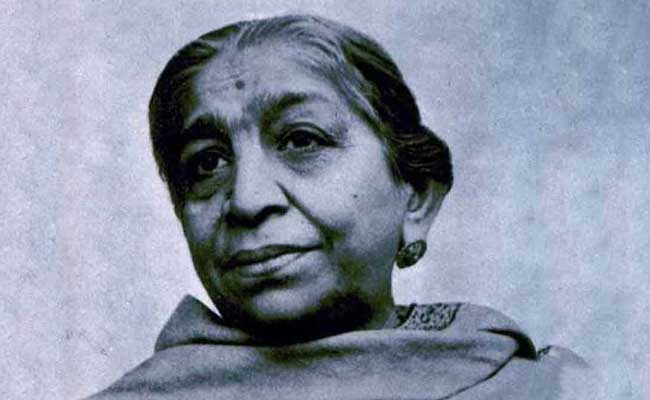Karl Marx: The Father of Communism
Karl Marx was a German philosopher, economist, sociologist, and revolutionary socialist. He is widely considered to be the father of communism, and his ideas have had a profound impact on politics, economics, and society around the world. Marx’s theories, which sought to understand the dynamics of capitalism and the role of the working class in society, have been the subject of countless debates, criticisms, and interpretations.
Early Life and Education
Karl Marx was born in Trier, a city in present-day Germany, on May 5, 1818. He was the third of nine children born to Heinrich Marx, a lawyer and a convert to Lutheranism, and Henriette Pressburg, who came from a wealthy Jewish family. Marx’s upbringing was marked by a mix of privilege and hardship. Although his family was relatively well-off, they were also heavily indebted, and his father’s alcoholism made life difficult for the family.
Marx attended the University of Bonn, where he studied law, but he quickly became disillusioned with the legal profession and began to focus on philosophy and literature. He transferred to the University of Berlin, where he studied under the influential philosopher Georg Wilhelm Friedrich Hegel. Hegel’s ideas, which emphasized the importance of historical development and the evolution of ideas, had a profound impact on Marx’s thinking.
Early Works
After completing his studies, Marx began working as a journalist and political commentator. He wrote for a number of newspapers, including the Rheinische Zeitung, and became increasingly interested in the politics of the day. In 1843, he married Jenny von Westphalen, a childhood friend and member of a prominent Prussian family.
Marx’s early works, such as “The Critique of Hegel’s Philosophy of Right” and “The Economic and Philosophical Manuscripts of 1844,” were heavily influenced by Hegelian thought. In these works, Marx critiqued the ideas of classical liberalism and argued that the real source of social and economic inequality lay in the relationships between different classes in society.
The Communist Manifesto
In 1848, Marx and his collaborator Friedrich Engels published “The Communist Manifesto.” The Manifesto, which called for the overthrow of the bourgeoisie by the proletariat, became one of the most influential political documents of the 19th century. It argued that capitalism was inherently exploitative and that the working class must rise up to seize control of the means of production and create a classless society.
The Manifesto was written in the context of a wave of revolutionary upheavals that swept Europe in 1848. Although the revolutions ultimately failed, the Manifesto had a profound impact on the development of socialist and communist movements around the world.
Das Kapital
Marx’s most famous work, “Das Kapital,” was published in three volumes between 1867 and 1894. The book, which is a critique of capitalism and a detailed analysis of the dynamics of the capitalist system, is widely regarded as one of the most important economic works of all time.
In “Das Kapital,” Marx argued that capitalism was inherently unstable and prone to crisis. He also criticized the exploitation of the working class under capitalism and argued that the only way to achieve a truly equitable society was to abolish private ownership of the means of production.
Marx’s Legacy
Marx’s ideas have had a profound impact on politics, economics, and society around the world. The Soviet Union, China, and numerous other countries attempted to build socialist or communist societies based on Marx’s theories, although the results were often mixed at best.
Marx’s theories have also been the subject of intense debate and criticism.
![]()





